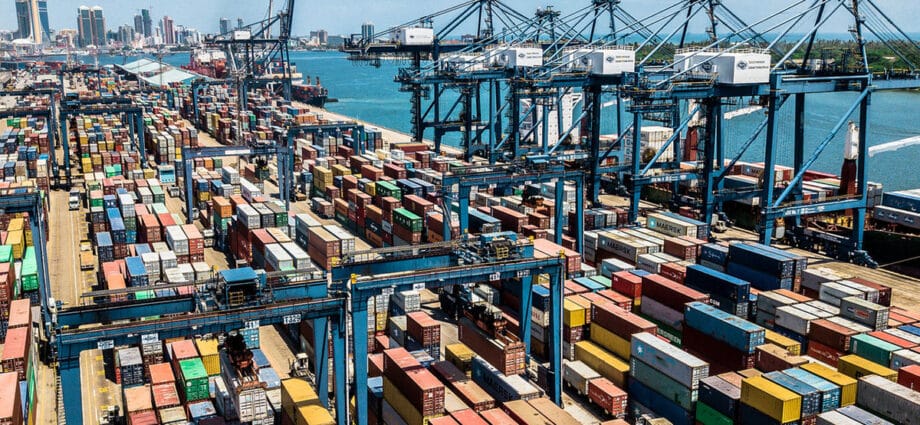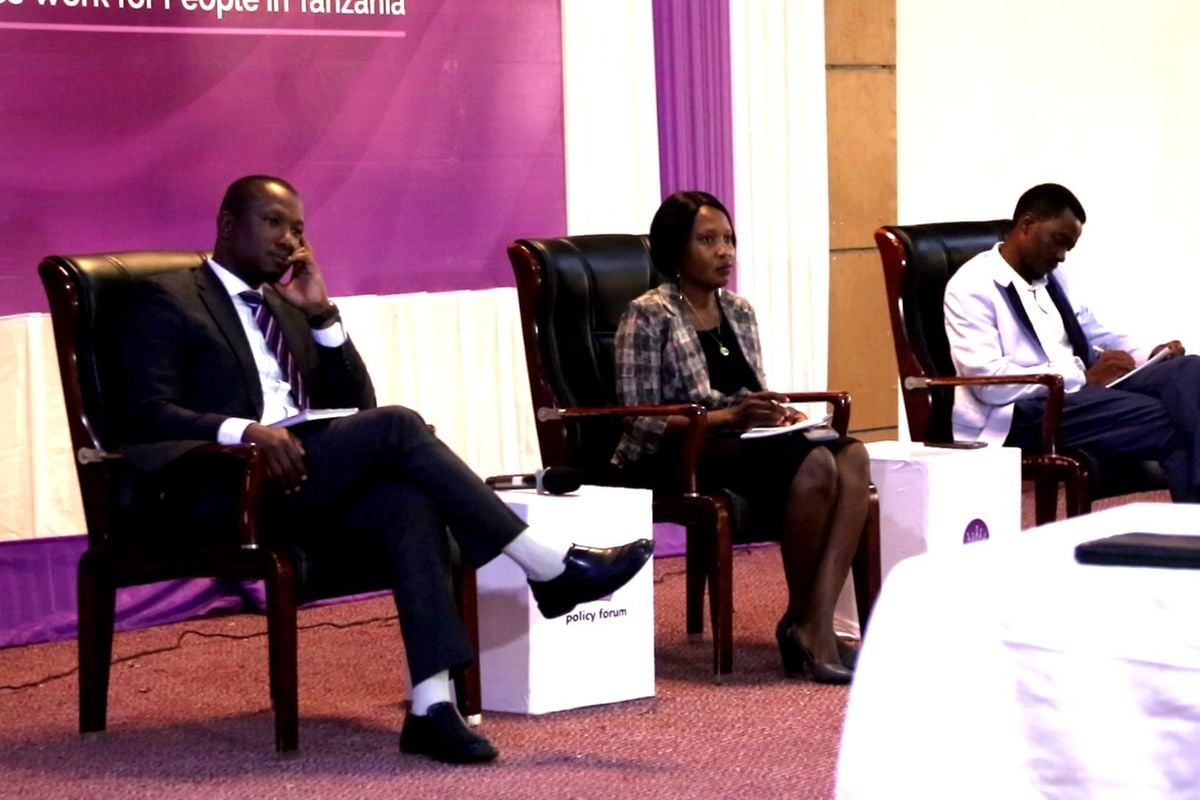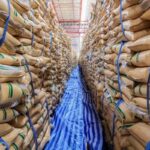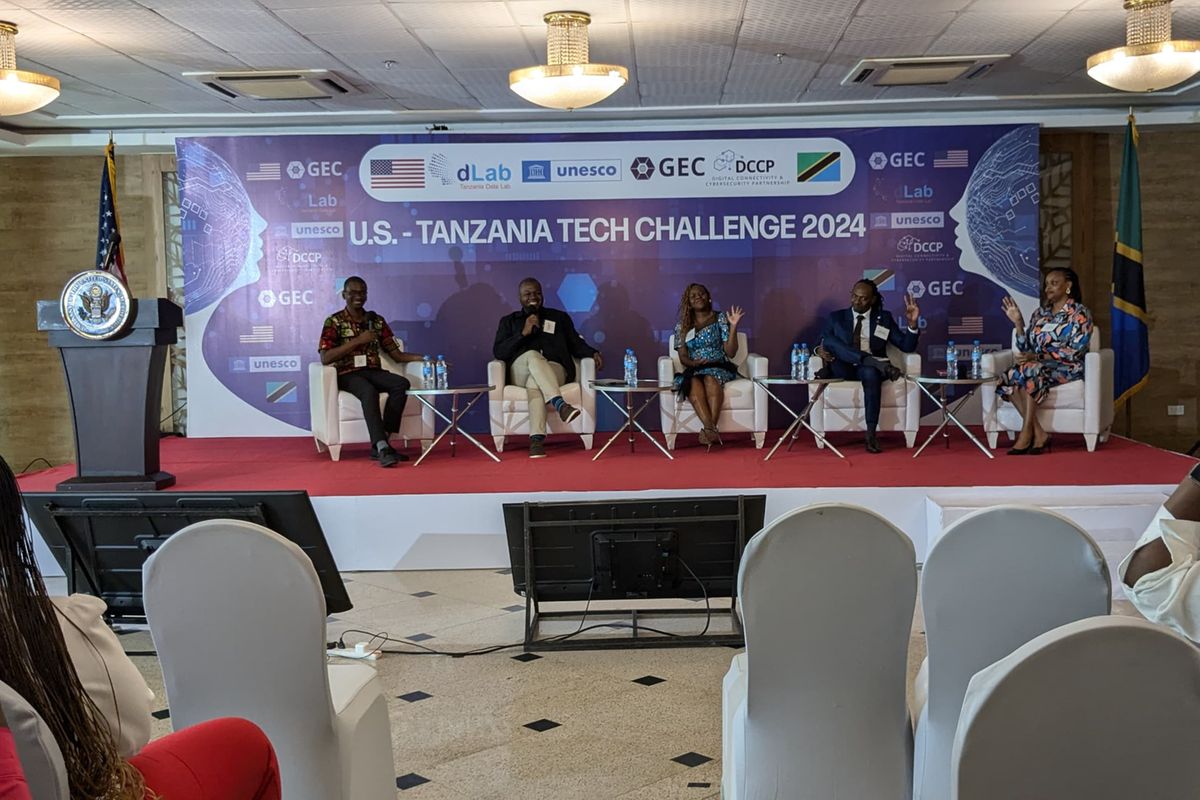
Dar es Salaam. Tanzania continues to rely heavily on six countries for its import needs, with trade volumes from these nations increasing steadily over the past five years, a new report from the Bank of Tanzania (BoT) has revealed.
According to the 2023/2024 annual report, China, India, Japan, Saudi Arabia, South Africa, and the United Arab Emirates (UAE) remain Tanzania’s primary sources of imports.
The report shows that imports from these countries have grown significantly, raising concerns about economic dependency and the need for stronger local production.
The report indicates that China has been Tanzania’s leading supplier of goods for five consecutive years.
In the 2023/2024 financial year alone, Tanzania spent Sh10.9 trillion on imports from China, more than double the Sh4.56 trillion spent in 2019/2020.
India follows as the second-largest supplier, with imports rising from Sh3.02 trillion in 2019/2020 to Sh5.56 trillion in 2023/2024.
Imports from the UAE also more than doubled, growing from Sh2.07 trillion to Sh4.01 trillion during the same period.
Other major suppliers include Japan, with imports increasing from Sh906.15 billion in 2019/2020 to Sh1.47 trillion in 2023/2024, while South Africa’s exports to Tanzania rose to Sh1.41 trillion from Sh977.68 billion.
Saudi Arabia’s exports to Tanzania also surged from Sh613.85 billion to Sh1.39 trillion in the last five years.
Economic analysts have urged Tanzania to reduce its dependency on foreign imports by creating a conducive environment for local production.
Dr Donald Mmari, an economic analyst, says the government should focus on investment in technology and industrialization to enhance domestic production.
He points out that most of the countries Tanzania imports from are technologically advanced, making it difficult to compete unless there is deliberate investment in modern industries.
“To determine the most profitable sectors, Tanzania should use research findings that highlight areas with the highest revenue potential. For example, instead of exporting raw minerals, we should process them locally to increase value addition,” Dr Mmari told The Citizen.
Leather is another sector with significant potential, he said, adding that Tanzania exports raw hides, which could be processed locally to manufacture finished leather products at competitive prices.
While Tanzania’s import bill continues to rise, the report also highlights that five of the six countries are among the top buyers of Tanzanian products.
In the 2023/2024 financial year, China purchased Tanzanian goods worth Sh1.12 trillion, while India bought Sh4.08 trillion, South Africa Sh4.02 trillion, and the UAE Sh1.47 trillion.
However, Japan was the only country among the six where Tanzania imports significantly more than it exports, with Japan purchasing only Sh178.95 billion worth of Tanzanian goods.
Economist Dr Mwinuka Lutengano from the University of Dodoma (UDOM) says that while trade with these countries remains strong, Tanzania should expand its export markets to reduce over-reliance on a few trading partners.
“Having the same buyer countries isn’t necessarily bad, as long as they continue purchasing in larger volumes and at higher values,” he said. “However, Tanzania must also seek new markets and improve the competitiveness of its products.”
Dr Felix Nandonde from Sokoine University of Agriculture (SUA) attributes the growth in trade to diplomatic efforts led by President Samia Suluhu Hassan, which facilitated trade agreements with multiple nations, including China and India.
“These efforts have strengthened trade relations and ensured stable markets for Tanzanian products while also allowing foreign goods to flow into the country,” he noted.
Trade expert Oscar Mkude emphasizes that Tanzania should prioritize value addition to its exports.
“We often export raw coffee, tea, and gold with minimal processing. By investing in local industries, we can increase export earnings significantly,” Mkude told The Citizen.
He added that integrating agriculture with manufacturing could provide a lasting solution to Tanzania’s economic challenges.
“Linking agriculture to manufacturing is crucial because our current agricultural output is insufficient to support large-scale industries. We need to boost productivity to meet the demands of growing industries,” he said.
Experts agree that Tanzania’s economic future depends on reducing its reliance on imports by fostering local industries, investing in technology, and expanding export markets.
While trade relations with the six key countries remain essential, increasing domestic production will ultimately strengthen the country’s economy and create more job opportunities.














